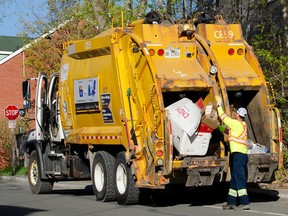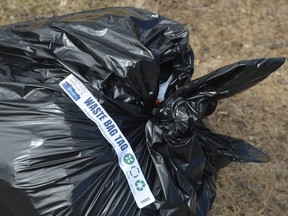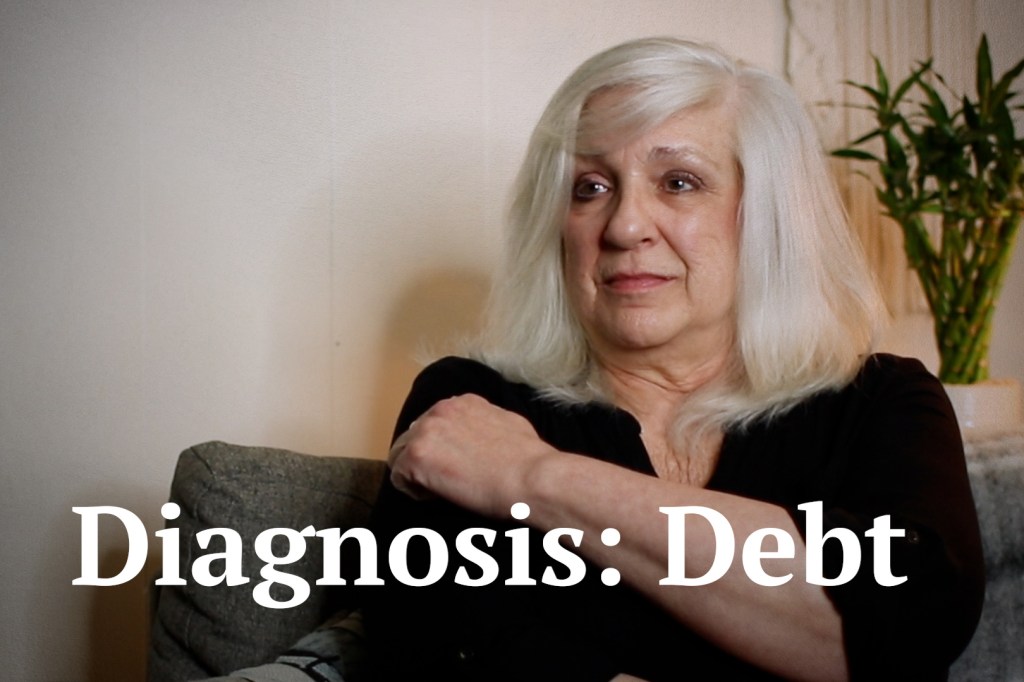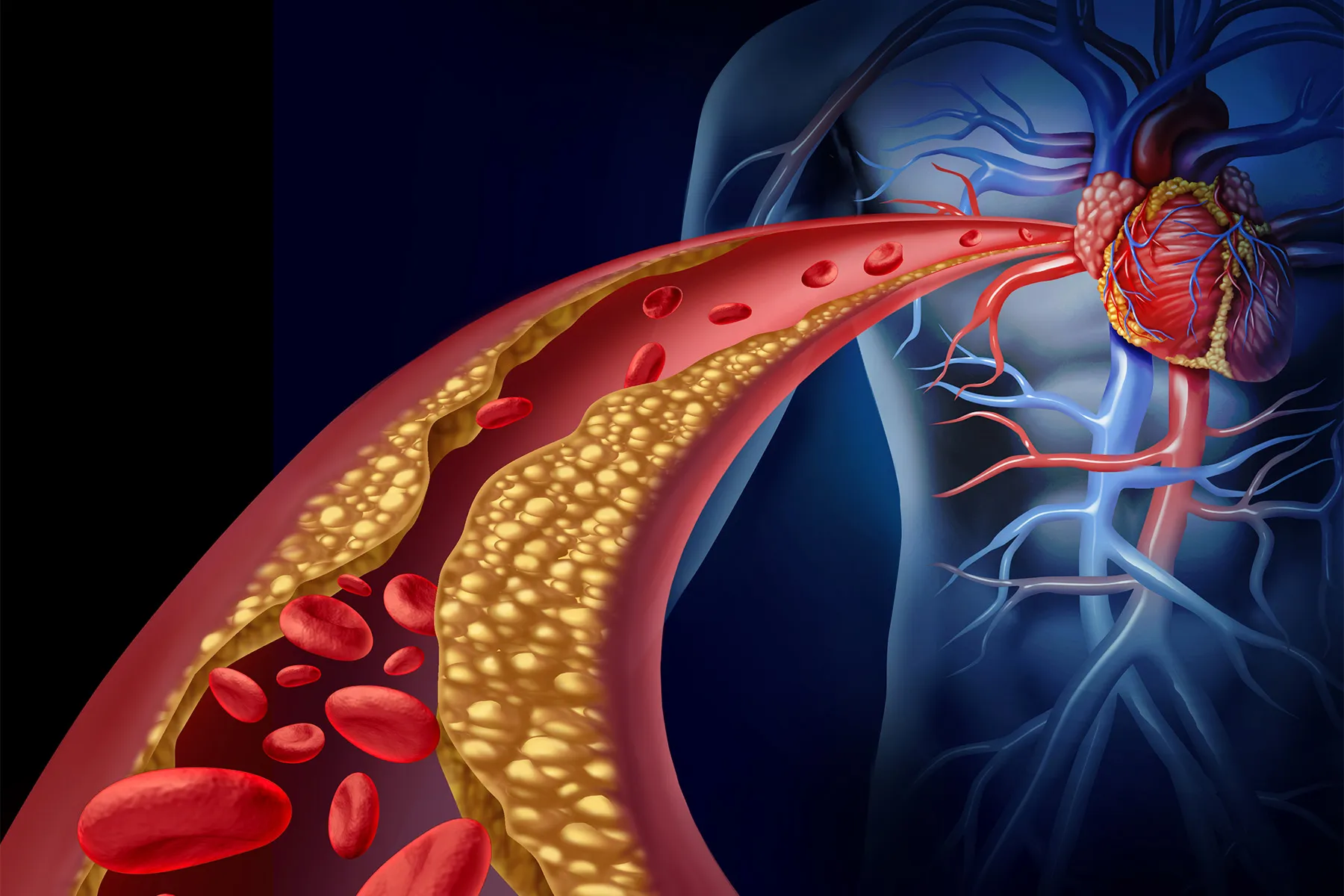Also called “partial pay-as-you-throw,” this system makes residents pay extra for garbage pickup if they throw out too much. And it might be here in 2024.

Here’s what you need to know about Ottawa’s proposed bag tag garbage program, also called “partial pay-as-you-throw.”
THIS CONTENT IS RESERVED FOR SUBSCRIBERS ONLY
Subscribe now to read the latest news in your city and across Canada.
- Exclusive articles from Elizabeth Payne, David Pugliese, Andrew Duffy, Bruce Deachman and others. Plus, food reviews and event listings in the weekly newsletter, Ottawa, Out of Office.
- Unlimited online access to Ottawa Citizen and 15 news sites with one account.
- Ottawa Citizen ePaper, an electronic replica of the print edition to view on any device, share and comment on.
- Daily puzzles, including the New York Times Crossword.
- Support local journalism.
SUBSCRIBE TO UNLOCK MORE ARTICLES
Subscribe now to read the latest news in your city and across Canada.
- Exclusive articles from Elizabeth Payne, David Pugliese, Andrew Duffy, Bruce Deachman and others. Plus, food reviews and event listings in the weekly newsletter, Ottawa, Out of Office.
- Unlimited online access to Ottawa Citizen and 15 news sites with one account.
- Ottawa Citizen ePaper, an electronic replica of the print edition to view on any device, share and comment on.
- Daily puzzles, including the New York Times Crossword.
- Support local journalism.
REGISTER TO UNLOCK MORE ARTICLES
Create an account or sign in to continue with your reading experience.
- Access articles from across Canada with one account.
- Share your thoughts and join the conversation in the comments.
- Enjoy additional articles per month.
- Get email updates from your favourite authors.
Q. What, exactly, is “partial pay-as-you-throw”? What does this refer to?
A. “Partial pay-as-you-throw” means residents pay extra for municipal garbage collection if the amount of waste they leave for curbside pickup goes over a certain limit. If they stay under the limit, they don’t pay extra; their taxes have already covered that basic service.
Q. How would it work here?
A. In Ottawa, residents would get 55 “bag tags” a year from the city at no extra charge beyond what your taxes cover now. Every item of garbage, including bins, bags and other items, would need a garbage tag.
If a household uses up its 55 tags, then it has to buy extra ones, for $3 each, or the garbage won’t be collected.
If you use a garbage bin or can, it would need a tag on the top. Households could put several smaller bags in a container up to 140 litres with no need to purchase additional bags or tags, as long as the container wasn’t overflowing. Your green bin doesn’t need a tag.
Under this plan, the city says the maximum weight for a garbage bag or bin would be 33 lbs.
If approved, the program would start in 2024.
Q. Why does the city feel it needs to charge anything extra?
A. City Hall wants to reduce the household waste that goes to the Trail Waste Facility Landfill because it needs to extend the life of that dump, which, according to Public Works General Manager Alain Gonthier, could be full in the next 13 to 15 years. The “partial pay-as-you-throw” plan — i.e. the bag-tag program — is expected to add two years to the landfill’s life.
Extending the life of that dump is important because developing a new one, or implementing some other waste management technology, could cost taxpayers between $300 million and $450 million and could take 15 years to be fully operational, Gonthier said in a memo.
The city also hopes to divert more waste through recycling and green bin programs. The Ontario government wants municipalities to be collecting 70 per cent of food and organic waste in curbside green bins by the end of 2023. Ottawa is short of this goal.
City staff think the bag tag program could reduce waste by up to 19 per cent per capita in year one and up to 28 per cent in year five, and increase the curbside waste diversion rate by up to six per cent. (That diversion rate in 2022 was 53 per cent.)
Q. So to be totally clear, how much garbage could my household throw out in a year without being charged for extra tags?
A. With 55 tags a year provided at no extra charge by the city, each household could throw out roughly two garbage items at every bi-weekly collection. Staff say only one in four households would have to change their waste management habits.
City staff also propose expanding a program that allows eligible residents to set out diapers and incontinence products for collection even on off-weeks. This would not count toward a household’s annual allotment of tags.
Q. What if my household is very large, or several generations live under one roof? Does the proposal take that into account?
A. The plan so far does not provide any exceptions for households with larger numbers of people. If a household needed more than 55 tags in a year, it would have to pay for the extra tags. Households with extra tags could give them to others if they wished.
The rationale is that beyond a certain threshold, garbage should be treated like a utility, such as water, where households pay in proportion to how much they use the service.

Q. How will this work for apartment buildings or condos?
A. For the moment, it doesn’t apply there. The proposed program only involves curbside garbage collection. However, the city continues to explore how to divert waste from these multi-residential units.
Q. What about throwing out furniture or larger items? Would these need tags?
A. Yes. Large items such as sofas, mattresses and furniture left for curbside pickup would require one visible tag each.
Q. If we throw out less garbage, and people also pay for extra tags, will our municipal taxes go down?
A. Ha, no. City staff estimate they’d have to spend more for this waste-diversion plan: about $1.5 million per year starting in 2024. The sale of additional tags could offset costs by around $450,000 in year one, decreasing to approximately $400,000 per year by year five.
The proposal by staff also recommends a one-time capital injection of up to $3.5 million through the 2024 budget to support a citywide promotion and education campaign, supply additional diversion bins for residents and pay temporary staff to support program implementation. So what’s being saved is the landfill, not your pocketbook.
Q. Have other municipalities used this bag tag, “partial-pay-as-you-throw” scheme? How do they persuade residents to keep garbage to a minimum?
A. The city says 132 other municipalities in Ontario use pay-as-you-throw models. For instance, In Kingston, residents can throw out one untagged bag per week, with additional bags requiring tags which cost $2 each.
In Sudbury, residents are limited to two bags or items bi-weekly. Additional items require $2 bag tags.
In Carleton Place, each household is allowed to put out one bag of untagged garbage for collection each week. Any additional garbage bag requires a tag, which costs $3 each.
Q. Lots of critics think having to pay for extra garbage pickup will lead people to cheat — to dump their waste in city parks or business dumpsters, or just toss it at the side of the road off a highway.
A. City staff propose education programs and hiring more inspectors to combat illegal dumping. They say municipalities that have a “partial pay-as-you-throw” program had an increase in illegal dumping at first, but it tapered off in the first six months “with proactive monitoring, education, and enforcement.”
Q. Is the city contemplating other means to reduce residential garbage? Some councillors talk about incineration, or community composting, for instance.
A. The city is still considering other options, including waste-to-energy systems. The city will explore these short and long-term options through the Solid Waste Master Plan, to be discussed later in 2023.
Waste-to-energy involves diverting waste from landfills and burning it to produce steam or combustible gases, which are then used to make energy. Vancouver’s waste-to-energy incinerator, for instance, produces enough electricity to power the equivalent of 16,000 homes.
The proposed “partial pay-as-you-throw” program is one part of Ottawa’s plan to divert more waste. City staff say it’s a preferred option based on feedback from the public and internal discussion.
Q. When will council decide?
A. The Environment and Climate Change Committee will vote on the Curbside Waste Diversion Strategy on June 5. Council is supposed to debate and vote on the proposals on June 14.
Note: This article have been indexed to our site. We do not claim legitimacy, ownership or copyright of any of the content above. To see the article at original source Click Here















